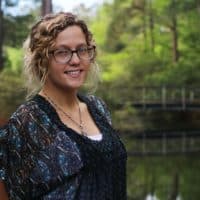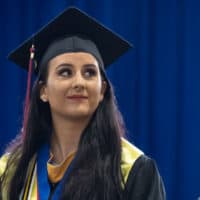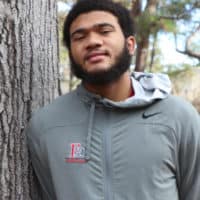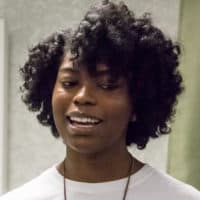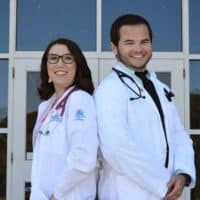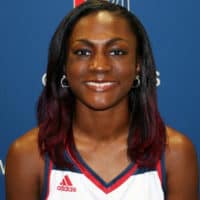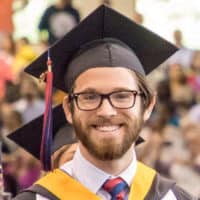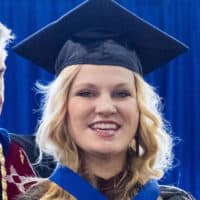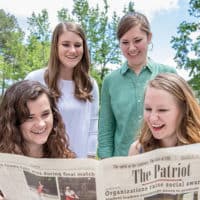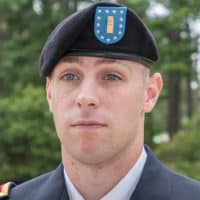GREAT STORIES BEGIN HERE
Plenty of great stories begin at Francis Marion University. Read about some recent graduates here, then ponder what “Your FMU Story” might be.
Chasity Inman
A Calling in Criminal Justice
Mia Much
Worldwide FMU
Detrek Browning
Loyalty is its own Reward
Yaping Yang
Triple Major Makes History
Kennedy Glasgow
FMU McNair Scholar gives back through summer program
Zach & Lauren
Nursing with Honors
Brianna Burgins
She was feeling it
Devin Kellis
Undergrad with upper level research
Christian Brunetti
Best supporting role: Francis Marion University
Kathleen Kennebeck
Oh, snap: FMU photography grad blazes her own path
Four Editors
Extra, Extra! Four-headed Editor gets involved, leads student paper
Jeffrey Tucker
Mission accomplished
